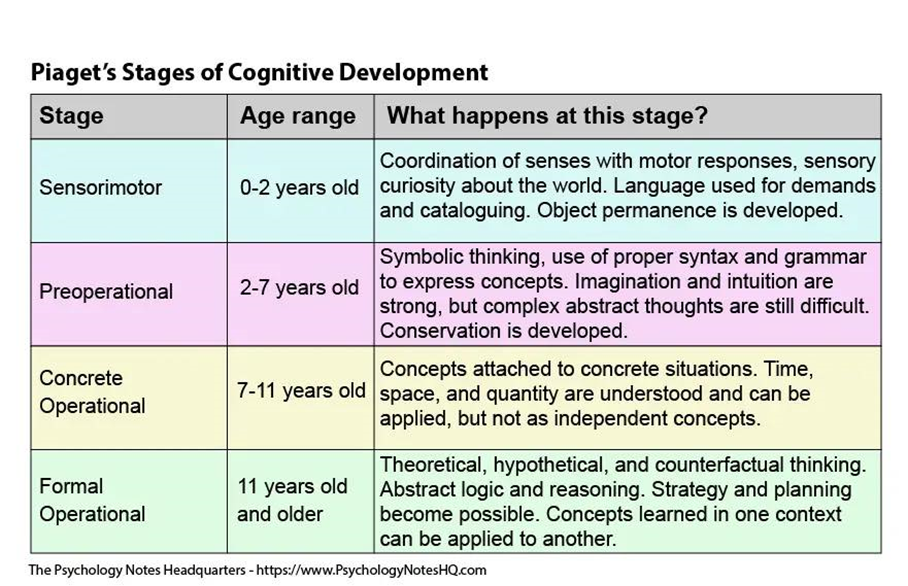An infant with bronchiolitis is hospitalized. The causative organism is RSV. The nurse knows that a child infected with this virus requires the following isolation:
Airborne precautions
Contact Precautions and droplet precautions
Standard Precautions and droplet precautions
Positive pressure isolation and airborne isolation
The Correct Answer is C
A. Airborne precautions: RSV is primarily spread through respiratory droplets, not airborne particles. Therefore, airborne precautions are not necessary.
B. Contact Precautions and droplet precautions: Contact precautions are not typically required for RSV. The main mode of transmission is respiratory droplets, so droplet precautions are appropriate.
C. Standard Precautions and droplet precautions: This is the correct answer. Standard precautions involve using protective barriers to prevent the spread of infection and are applied to all patients. In addition, droplet precautions are necessary for infections transmitted through respiratory droplets.
D. Positive pressure isolation and airborne isolation: Positive pressure isolation and airborne isolation are generally used for conditions where the infectious agents are transmitted through the air, such as tuberculosis. These precautions are not necessary for RSV.
Nursing Test Bank
Naxlex Comprehensive Predictor Exams
Related Questions
Correct Answer is ["46"]
Explanation
To provide adequate hydration for a toddler with dehydration, the nurse needs to calculate the daily fluid requirements based on the child's weight and then divide it by 24 hours to get the hourly rate.
For a 12 kg toddler, the daily fluid requirement is 1000 ml for the first 10 kg plus 50 ml for each additional kg, which equals 1100 ml.
Therefore, the hourly rate is 1100 ml / 24 hours, which is about 46 ml.
The nurse would set the pump at 46 ml per hour.
Correct Answer is C
Explanation
A. Magical thinking
Magical thinking is a cognitive characteristic commonly observed in preschool-aged children. It involves believing that one's thoughts, wishes, or actions can influence events, even when there is no logical or causal connection. For example, a preschooler might believe that simply thinking about a toy can make it appear.
B. Thoughts are all-powerful
The belief that thoughts have omnipotent power is often seen in the preoperational stage of cognitive development, which occurs in early childhood. Children in this stage may think that their thoughts alone can cause significant changes or events.
C. Ability to conserve
Conservation is a cognitive skill associated with the concrete operational stage of development, typically occurring around 7 to 11 years of age. Children at this stage understand that certain properties of objects remain the same despite changes in appearance. For example, they recognize that the amount of liquid stays the same when poured into a differently shaped container.
D. Animism
Animism is a concept observed in the preoperational stage, where children attribute life-like qualities to inanimate objects. For instance, a child might believe that a stuffed animal has feelings or thoughts.

Whether you are a student looking to ace your exams or a practicing nurse seeking to enhance your expertise , our nursing education contents will empower you with the confidence and competence to make a difference in the lives of patients and become a respected leader in the healthcare field.
Visit Naxlex, invest in your future and unlock endless possibilities with our unparalleled nursing education contents today
Report Wrong Answer on the Current Question
Do you disagree with the answer? If yes, what is your expected answer? Explain.
Kindly be descriptive with the issue you are facing.
